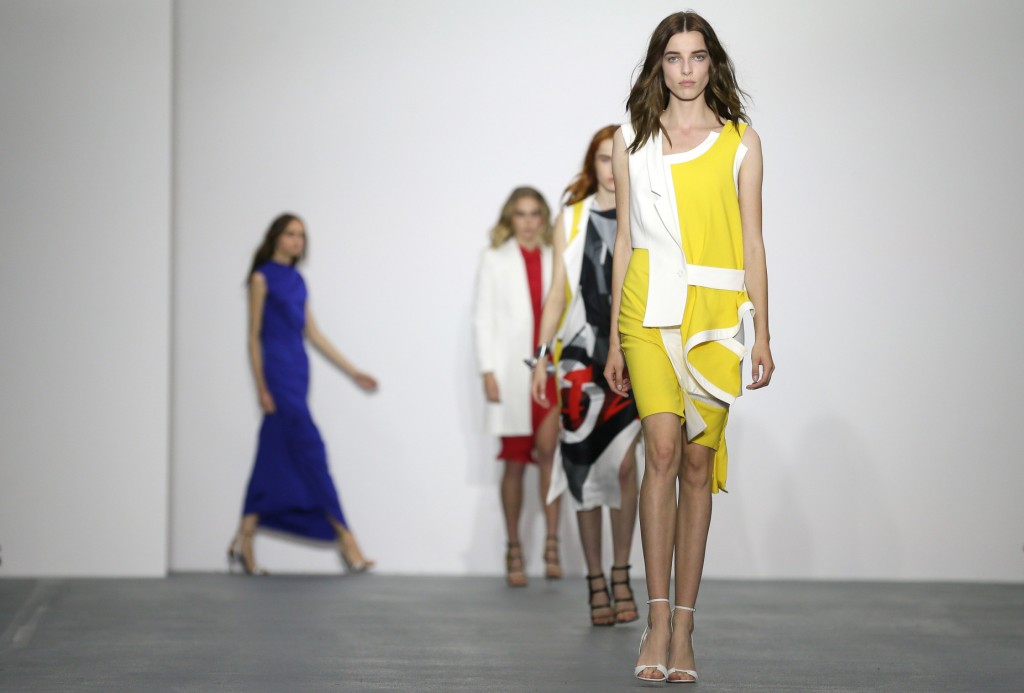A fashion show is an occasion put on through a fashion designer to showcase his or her forthcoming line of clothing. In a general fashion week, models catwalk with dressed in the clothing made by the designer. Sometimes, fashion shows take the Fashion shows parts of place, where the models are simple, standing or sitting in a fabricated atmosphere.
The arranged in which each model walks out wearing a particular outfit is consistently schemed in agreement to the statement that the designer wants to make about his or her group. The style that each outfit is offered on the catwalk isn’t certainly the way the designer is trying to make people wear his or her constitution in everyday life. In this example, this is more of an intellective artistic creation of the designer for the equal intention of making a statement or presenting a specific idea. It is all up to audience to not only try to understand what the designer is trying to say by the way the collection is being presented, but to also optical de assemble each outfit and try to thankful the detail and workmanship of every single piece. A huge variety of contemporary designers tend to generate their shows as theatrical productions with involved sets and added components like live music or a different of technological element like holograms. Plus Size T-Shirts Regular & plus size clothing for women India. Buy women apparels / women clothing, plus size clothes sale online women fashion clothing ladies, clothing brands tops bottoms tunics kurtis.
Areas of fashion:
- Architecture, interior design, and landscape design.
- Arts and crafts.
- Body type, clothing or costume, cosmetics, personal grooming, hairstyle, and personal adornment.
- Dance and music.
- Forms of address, slang, and other forms of speech.
- Economics and spending choices, as studied in behavioural finance.
- Entertainment, games, hobbies, sports, and other pastimes.
- Etiquette.
- Baby food brands
- Fast fashion.
- Management, management styles and different ways of organizing.
- Politics and media, especially the topics of conversation encouraged by the media.
- Social networks and the diffusion of representations and practices.
- Sociology and the meaning of clothing for identity-building.
- Technology, such as the choice of computer programming techniques.
- Hospitality industry, such as designer uniforms custom made for a hotel, restaurant, casino, resort or club, in order to reflect a property and brand.

